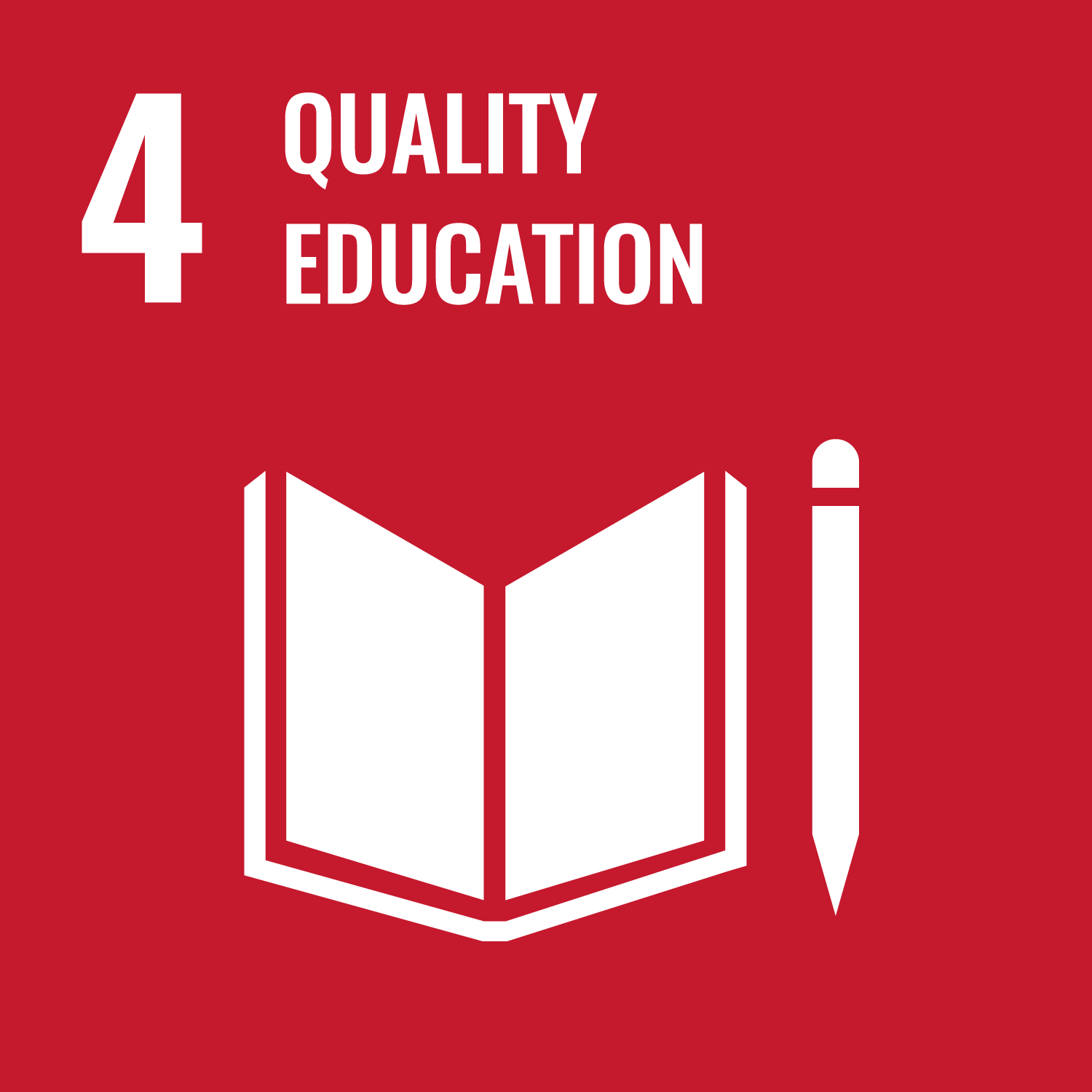ORCID
- Lovleen tina Joshi: 0000-0002-5965-4055
Abstract
To create inclusive bioscience learning environments, we need to challenge the dominance of white European perspectives within our discipline through diversification and decolonization of the curriculum. Bioscientists may be unsure how to start this process or may struggle to see how it is relevant within scientific disciplines. Here, we provide some practical suggestions of how to start with diversification and decolonization. We highlight a published culturally competent curriculum structure that may be of value and give multiple steps towards decolonization. These range from considering terminology, addressing gaps in our own knowledge to learning how to pronounce names from multiple cultures correctly and working in partnership with students and staff from diverse backgrounds. We also reflect on our own privileges, experiences and biases to illustrate the importance of self- awareness in this work. Decolonization and diversification may be uncomfortable and challenging, but our suggestions provide practical advice and support to bioscience educators wanting to create more inclusive curricula.
DOI Link
Publication Date
2024-03-14
Publication Title
The Biochemist
Volume
46
Issue
2
ISSN
0954-982X
Acceptance Date
2024-02-20
Additional Links
First Page
33
Last Page
38
Recommended Citation
Mansfield, C., Joshi, L., Ting, I., & Hubbard, K. (2024) 'Decolonizing and diversifying the biosciences curriculum – a practical guide to getting started', The Biochemist, 46(2), pp. 33-38. Available at: 10.1042/bio_2024_103


